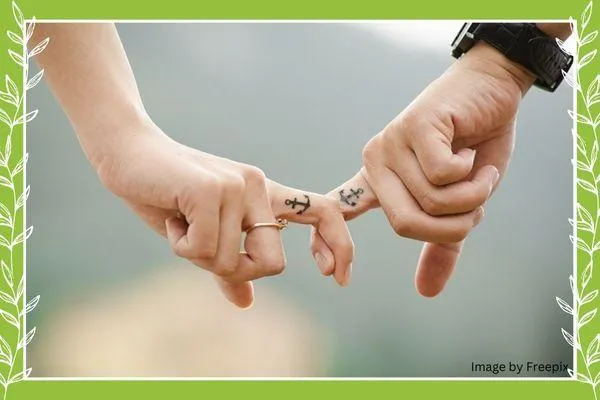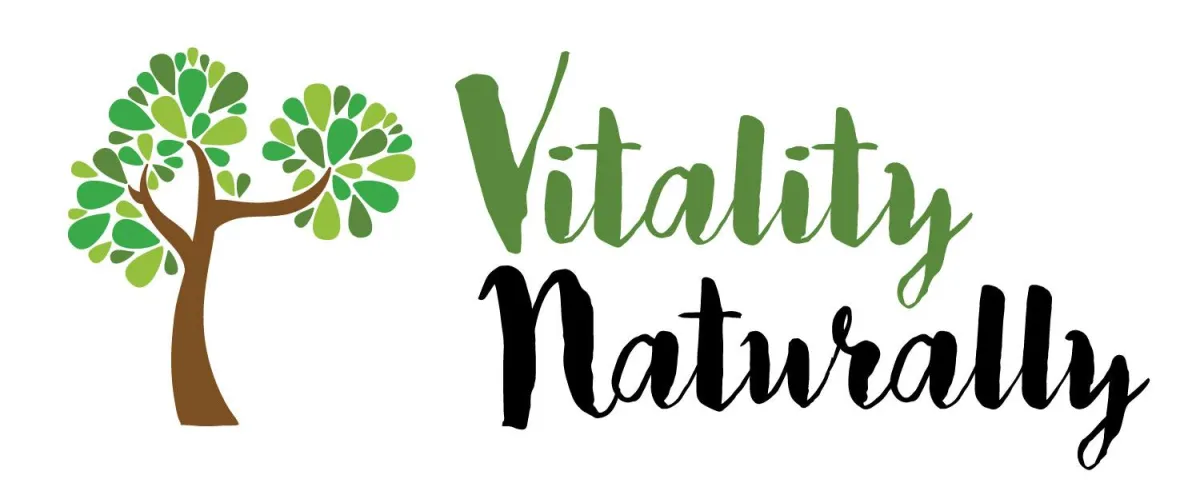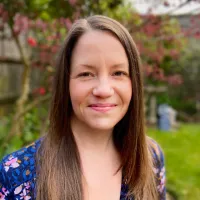Blog
Words of wisdom to inspire you...
Blog
Words of wisdom to inspire you...

Why you over-give in relationships
Do you give more than you receive in your relationships?
Do you feel compelled to make most of the effort, in fear that if you don’t, they might leave?
And, at the same time, is there a part of you that never feels fully seen, heard or understood by the other?
Does the thought of asking for more emotional connection, quality time, affection and support feel unthinkable?
If this is you, you might have an abandonment or rejection wound, with the accompanying belief that you’re not worthy or good enough.
This programming was running the show in relationships for most of my life. Every relationship ended with me feeling empty, frustrated, dissatisfied, resentful and exhausted. I couldn’t understand why, having giving it my all, it hadn’t worked.
Crippled with self-doubt and confusion, I asked myself, was I expecting too much? Was there something wrong with me? What did I do wrong?

I spent days, weeks, or even months, ruminating on it, until I couldn’t be in the relationship any longer. It felt safer to leave, than it did to speak up. Not because I was in any danger, but because my inner wounded child was absolutely terrified: If I ask for more, I might be rejected and abandoned. But this was all subconscious at the time.
I didn’t know then what I have come to realise now.
Attachment injury (trauma)
The kind of trauma that creates such limiting beliefs and abandonment wounds often originates in childhood.
An attachment wound or injury, is a painful experience that disrupts the attachment bond between a child and their primary care giver. It might be one significant event, or a series of events over time. In any case, the real or perceived betrayal damages trust and creates a rupture in the bond.
The way a child/caregiver bond is formed and maintained impacts a child’s brain development, their nervous system function and how they relate to others.
Attachment injury damages a child’s sense of safety & security in themselves, in relationships, and in the world.
Common causes are:
Separation from a primary caregiver
Where a primary caregiver struggles with drug or alcohol abuse
Emotional neglect (through ignoring, humiliating, intimidating or isolating a child, being emotionally unavailable, or where the caregiver has a mental illness)
Physical abuse (deliberately hurting or injuring a child) or sexual abuse
Witnessing or hearing domestic abuse and violence.
This list is not exhaustive.
As a result of such injuries, a child may develop an insecure attachment style – either anxious, avoidant, or disorganized. How each of these manifests into adult relationships varies. Discovering your attachment style might explain some of the unwanted, but repeating patterns in your relationships.
Bringing awareness to what was once subconscious

The day I realised that there is a difference between a child’s physical needs (housing, food, clothing, education, personal care) being met, and their emotional needs, a giant lightbulb switched on. Suddenly, it all made sense.
My emotional needs were not met as a child, and the attachment injuries (trauma) as a result, were subconsciously playing out in my adult relationships. Over, and over again.
The relief I felt was palpable. Once I knew what was going on, I could do the healing inner work, freeing myself from the past.
This is how I made sense of my over-giving in relationships (yours might be different):
Over-giving was my way of avoiding the excruciating pain of abandonment. I needed to close the gap of what I wasn’t receiving enough of from the other person, which mirrored what I perceived to not receive enough of as a child. The lack was too painful, each time causing a re-enactment of the original attachment injury.
Any real or perceived shortfall of affection, love, time, attention or connection, was a trigger. The slightest hint of rejection, was a trigger. Subconsciously, I did everything (and more) possible to protect myself from that pain.
The accompanying limiting beliefs that I wasn’t good enough, or worthy, also propelled me to make up for what I perceived I was lacking as a person. It was as if I had to make it worth their while to be in a relationship with me.
No wonder I had exhausted myself!
Each relationship had been built on insecure foundations. And insecure foundations inevitably crack under too much strain.
What does this mean for your relationships?
How attachment wounding manifests into adult relationships is different for everyone. The important thing is to notice if you have unwanted and unhealthy patterns, behaviours and outcomes repeating in your relationships.
Is this true for you?
These same scenarios will continue until you bring them to the surface and take conscious steps to feel and heal the wounds. Such a journey invites you to re-parent your inner child, with patience, unconditional love and compassion.
When you meet yourself in this new way, giving yourself what you didn’t receive in those early years, something profound will begin to shift inside of you.
A sense of safety and security will grow within
New foundations of self-acceptance, confidence, kindness and respect will form
The compulsion to over-give (or avoid getting too close) will start to fall away, and you will find it easier to understand your relationship needs
You’ll be able to ask for what you need, and give from your genuine capacity
Self-doubt and confusion will dissolve, and you’ll more easily identify when a relationship is, or is not for you.
You’ll feel a sense of wholeness within. No longer looking to your adult relationships to fulfil unmet childhood needs, relating will become more reciprocal.

Your relationship with yourself will change first and foremost, and in turn that will reflect in your relating to others. It will feel liberating to relate from your new secure foundations.
How do you heal?
My training with the Heartmath Institute, and the School of Trauma Informed Positive Psychology, along with books such as:
Attached, by Amir Levine,
Adult Children of Emotionally Immature Parents, by Lindsay C Gibson, and
Mother Hunger, by Kelly McDaniel,
have all helped me come to this new understanding, but reading alone wasn’t enough to heal. Trauma is stored in the body, and must therefore be processed and integrated through the body.
Over the last five years, this is the journey I have been on, both self-healing, and with the support of gifted practitioners. Relational injury’s often require healing in a relational setting, such as with a specialist coach or therapist, or even in your own relationships if both people are willing.
It is now my turn to offer this kind of support to you. A compassionate one-to-one container for you to heal and transform the past, and find peace in the present.
If you’re ready to take this next step, please send me an email (wellness@carlithorpe.com) or book your free 30-minute call via this link: https://link.feacreate.com/widget/bookings/vitality-discovery-call
FREE DOWNLOAD




